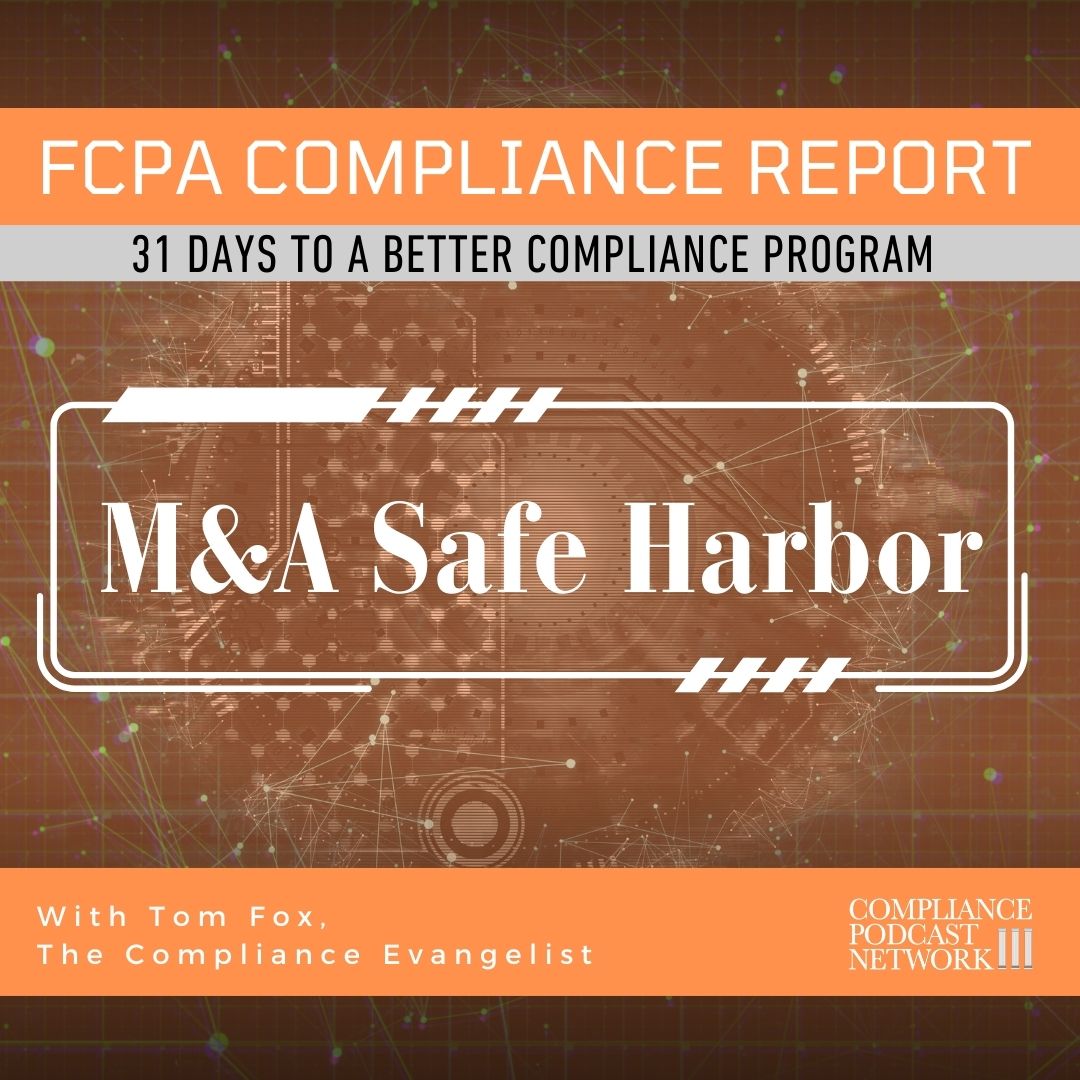Mergers and Acquisitions (M&A) are often perceived as primarily financial transactions. However, the real success of these endeavors usually hinges on a less tangible but equally crucial factor: organizational culture. In the landscape of M&A, the traditional focus on financial synergies and operational efficiencies can overshadow the importance of cultural alignment. Culture, often viewed as a soft asset, is a pivotal element that can make or break the integration process. The webinar emphasized that assessing culture is not just a feel-good exercise but a critical step in ensuring the long-term success of the merger.
Why Cultural Fit Matters
One of the key takeaways from the webinar was the concept of cultural fit. While financial metrics are crucial, they don’t capture the essence of how well two organizations can work together. ETHOS, a company’s underlying character and values, plays an important role. A good cultural fit can foster synergy beyond financials, enhancing cooperation and reducing friction during integration.
On the flip side, a poor cultural fit can lead to misunderstandings, conflicts, and even the eventual failure of the merger. The importance of this alignment cannot be overstated, as it directly impacts employee morale, retention, and overall productivity. All of this means that any acquiring entity needs to understand the company and its culture at the point of closing and merger.
The Role of Leadership
Leadership plays a crucial role in navigating cultural integration. Effective leaders recognize the importance of culture and actively work to align their teams toward common goals. They are instrumental in setting the tone for the newly formed organization and ensuring cultural integration is as smooth as possible.
The Culture Audit™: A Strategic Tool
To effectively assess and integrate cultures, the webinar introduced The Culture Audit™. This tool evaluates various dimensions of organizational culture, including ethics, trust, safety, stress, and accountability. By systematically assessing these areas, companies can gain actionable insights into potential cultural mismatches and areas for improvement.
Pre-Acquisition Assessment
The Culture Audit™ is a pre-acquisition assessment tool that treats culture as an asset that can be measured and evaluated. This assessment provides a comprehensive view of the target company’s cultural landscape, enabling acquirers to make informed decisions about the merger.
Integrating Findings into the Valuation
Incorporating cultural findings into the overall valuation and assessment process allows companies to create a more holistic view of the acquisition. This approach highlights potential risks and uncovers opportunities for creating additional value through cultural alignment.
Actionable Insights for Integration
The insights derived from a culture audit can guide the integration planning process. Companies can develop tailored strategies to facilitate a smoother transition by understanding the cultural dynamics. This involves:
- Culture Assessment: Conducting a thorough culture audit to identify strengths and areas for improvement.
- Culture Strategy: Developing a strategic plan to address cultural gaps and align values.
- Implementation: Executing the cultural integration strategy with clear objectives and milestones.
- Monitoring: Continuously assess the integration process and make necessary adjustments.
- Improvement: Using data-driven insights to refine and enhance the cultural integration strategy.
DOJ M&A Safe Harbor
An added benefit of a thorough cultural assessment is the potential to leverage the DOJ M&A Safe Harbor. Using the culture audit, companies have up to six months to disclose issues and twelve months to remediate and integrate, providing a clear timeline and framework for addressing cultural challenges.
The Safe Harbor policy continues the DOJ’s push for voluntary corporate self-disclosure. Monaco outlined efforts by the DOJ to increase the benefits to companies that voluntarily disclose corporate misconduct rather than those companies that decide not to disclose misconduct. The key for the acquirer company to obtain the “carrot” DOJ is dangling and poses questions as to the “stick” the DOJ might wield if a self-disclosure does not achieve safe harbor or, more broadly, if an acquirer fails to identify misconduct in the acquisition process, either pre or post-closing. This new Mergers & Acquisitions Safe Harbor Policy demonstrates that the DOJ’s interest is to avoid discouraging companies with ethical, solid cultures and compliance programs from acquiring companies with ineffective compliance programs and toxic cultures. On the contrary, the DOJ seeks to incentivize an acquiring company to uncover and remediate timely misconduct uncovered during the M&A process.
Conclusion
In the realm of M&A, culture should never be an afterthought. By prioritizing cultural assessments and leveraging tools like The Culture Audit™, companies can enhance their integration strategies, reduce risks, and ultimately drive the long-term success of their mergers and acquisitions. For those interested in exploring this further, Sam Silverstein and his team offer consultations and a behind-the-scenes look at how The Culture Audit™ can be implemented effectively. Embrace the power of culture in M&A to unlock new synergies and achieve sustainable growth.










